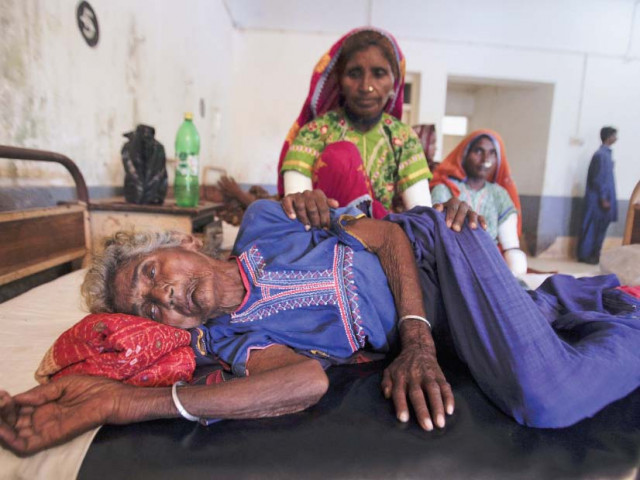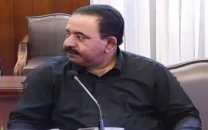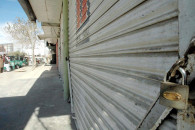Govt has provided reasonably well, but ability to respond not enough: UN coordinator
2010 floods taught Pakistan the lesson of repositioning relief stocks.

While the Pakistan government has provided “substantive assistance”, in the past weeks it has become clear that its capacity to respond is not enough. This was the assessment of Timo Pakkala, who is the humanitarian coordinator for the United Nations in Pakistan.
Pakkala’s criticism came during an interview on Friday with Steve Inskeep of National Public Radio. “... [W]hen the floods started in August, the government was very determined to try to address the situation through their own resources and expertise this year,” said Pakkala, who went on to temper his criticism by adding, “They have gained a lot of experience from the 2010 floods. They have better preparedness plans in place, which have resulted in prepositioning of relief stocks and improved search and rescue capacities, etcetera.
For the second straight year, substantial parts of Pakistan are underwater. This year’s floods are not as widespread as in 2010, but entire villages are submerged and hundreds of thousands of people are homeless in some of the same areas that flooded a year ago.
Pakkala traveled through the flooded zones in Sindh in recent weeks. “The situation in Sindh is a really serious crisis,” he said. “And it’s affecting the lives of over five million people at the moment. And this is a very poor area of Pakistan. The rural areas of Sindh suffer from high levels of malnutrition already before the floods. And most of the people who have been affected are among the poorest of the population.”
Pakkala and his team travelled to an area where there were reports that one village is 20 feet below the surface of the water. “When we traveled there last week with the National Disaster Management Authority officials, we could see people walking through the fields which were water up to the waist,” he said. “They were trying to get to the dry land, which is mainly the roads, as the roads are higher above the ground.”
As the climate changes, it has become harder to predict the future of weather events in a specific area. People are anticipating that some of the lower lying areas of Pakistan are just going to flood again and again and again, year after year after year from now on. For Pakkala this is an interesting and “very important issue”. “There are some prognosis, meteorological predictions, that perhaps the monsoon is moving westwards gradually,” he said. “And areas that have not received such huge amounts of rain will be receiving more rain in the coming years.” So, there is a feeling that the annual monsoon might be coming to land at a different spot.
“It may be moving, but there’s much more research that needs to be done on the weather patterns,” added Pakkala. “So it’s a bit too early, perhaps, to come to conclusions to what extent global warming or weather changes might be responsible for the current calamity.”
Published in The Express Tribune, September 18th, 2011.



















COMMENTS
Comments are moderated and generally will be posted if they are on-topic and not abusive.
For more information, please see our Comments FAQ